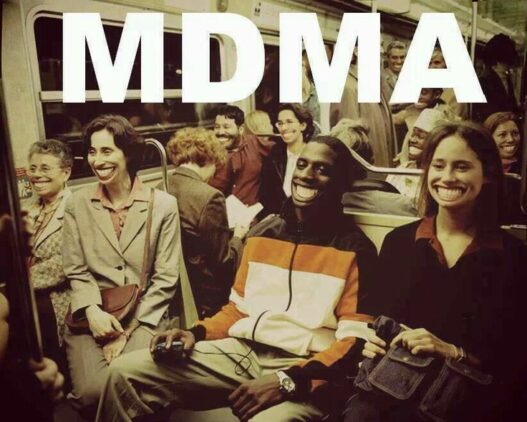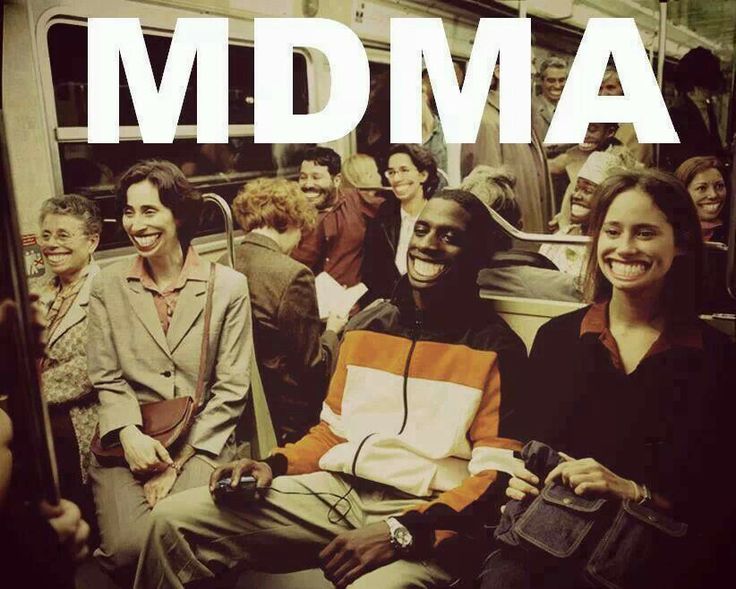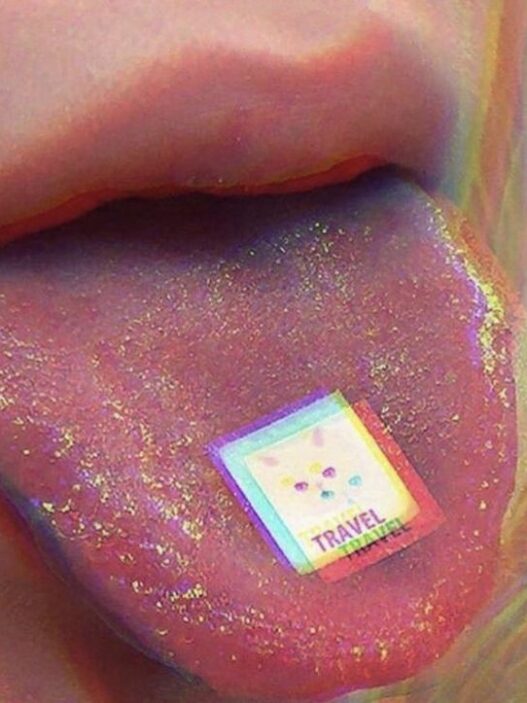Unlocking Emotional Healing Through Psychedelic Therapy
MDMA-assisted therapy is emerging as one of the most promising tools for emotional healing, self-discovery, and psychological growth. Unlike recreational drug use, MDMA therapy is conducted in a structured, guided setting with trained professionals. The effects can lead to profound emotional breakthroughs, increased self-awareness, and lasting psychological benefits. Research suggests that guided sessions can help individuals process trauma, strengthen emotional resilience, and foster a greater sense of self-acceptance.
The Science Behind MDMA and Its Therapeutic Effects
MDMA, also known as 3,4-methylenedioxymethamphetamine, is classified as an empathogen, meaning it enhances feelings of emotional connection, openness, and trust. Studies show that MDMA increases the release of serotonin, dopamine, and oxytocin—neurotransmitters responsible for mood regulation and social bonding. This biochemical shift helps individuals confront difficult emotions with reduced fear and increased introspection, making it an effective tool in psychotherapy.
Key Clinical Findings:
- Phase 3 Clinical Trial Results: In a randomized, double-blind, placebo-controlled Phase 3 study, 67% of participants receiving MDMA-assisted therapy no longer met the diagnostic criteria for PTSD after treatment, compared to 32% in the placebo group. (pmc.ncbi.nlm.nih.gov)
- Long-Term Benefits: Follow-up studies indicate that the reduction in PTSD symptoms persists over time. One study reported that symptom improvement continued for at least 12 months post-treatment. (pmc.ncbi.nlm.nih.gov)
- Safety Profile: MDMA-assisted therapy has been generally well-tolerated. In a study involving participants with moderate to severe PTSD, adverse events were tracked, and the therapy was found to be safe with no serious adverse events reported. (pubmed.ncbi.nlm.nih.gov)
Key Psychological Benefits of Guided MDMA Therapy
1. Emotional Integration and Self-Awareness
Participants often report experiencing a newfound sense of connection between their thoughts, emotions, and body. The ability to process past traumas and unresolved emotions without overwhelming distress allows for deep personal growth.
2. Reduction in Anxiety and Fear
A common theme in MDMA therapy is the reduction of fear-based responses. Many individuals enter sessions with concerns about losing control, but under professional guidance, they often find that the experience fosters a sense of security and emotional stability.
3. Forgiveness and Letting Go of Resentment
One of the most transformative aspects of MDMA therapy is its ability to dissolve long-held resentments. Individuals frequently report experiencing deep states of forgiveness, not only toward others but also toward themselves.
4. Strengthening of Personal Boundaries
For those who struggle with emotional enmeshment or excessive empathy, guided MDMA sessions can provide clarity in distinguishing their own emotions from those of others. This often results in improved emotional boundaries and healthier interpersonal relationships.
5. Lasting Psychological and Behavioral Changes
Unlike conventional therapies that may take years to yield results, MDMA-assisted therapy often leads to long-term improvements in emotional regulation, self-compassion, and overall mental well-being after just a few sessions.
Overcoming the Stigma and Misconceptions
Despite its therapeutic potential, MDMA remains a controversial substance due to its classification as a Schedule I drug in many countries. However, recent clinical trials and research are paving the way for its legalization in controlled therapeutic settings. Organizations conducting rigorous studies highlight its safety and effectiveness when administered responsibly by trained professionals.
The Future of MDMA Therapy
As research continues to support the efficacy of MDMA-assisted therapy, its potential applications extend beyond PTSD and trauma recovery. Studies are now exploring its benefits for anxiety, depression, and even relationship counseling. With growing interest from the scientific community and regulatory bodies, MDMA therapy could soon become a mainstream option for those seeking profound psychological healing.
Final Thoughts
MDMA-assisted therapy offers a unique and powerful approach to emotional and psychological well-being. By creating a safe space for deep introspection, emotional processing, and personal transformation, guided sessions have the potential to unlock new levels of self-awareness and healing. As research and acceptance grow, this therapy may become a widely accessible tool for mental health care, providing individuals with the opportunity to experience life with renewed clarity and resilience.






















